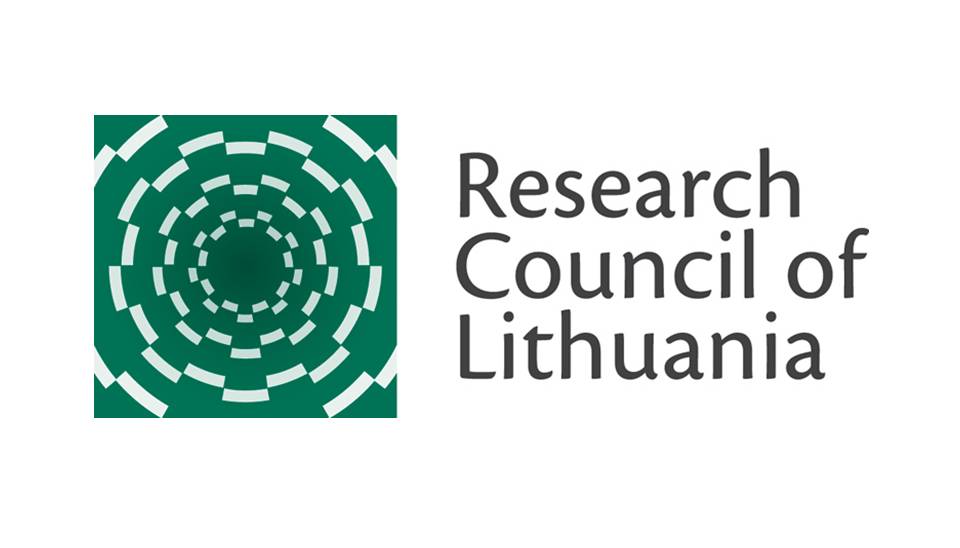Project idea
Šio projekto tikslas - išanalizuoti, kaip Rytų Europos kairiosios pakraipos feministės, politikės ir mąstytojos permąsto ir naujai artikuliuoja savo sociopolitinę viziją Rusijos rėžimo keliamų grėsmių jų šalių saugumui šešėlyje. Šio tyrimo centre - Lietuvos, Latvijos, Lenkijos, Moldovos ir Ukrainos moterys, kurios save įvardina kaip kairiąsias feministes bei jų atsakas į pabėgelių srautus iš musulmoniškų šalių prie savo šalies sienų ir š Rusijos karą prieš Ukrainą. Dėl šių krizių, Rytų Europos šalys, kurias labiausiai liečia Rusijos keliamos grėsmės, ėmė stiprinti ne tik savo šalių išorines sienas, bet ir ideologinius rėmus, kurie apibrėžia, kas gali susitapatinti su jų šalimi, ir kas ne. Kairiosios pakraipos feminizmas tradiciškai siekia kurti bendruomenes ir erdves, kuriose tie, kurie jaučiasi atstumti ar neįtraukti į tautinį naratyvą dėl savo tautybės, kalbos, religijos, rasės, seksualinės orientacijos ar lytinės tapatybės, gali rasti tapatumą ir priėmimą. Kairysis feminizmas taip siekia ir laisvesnių migracijos įstatymų bei įtraukesnės visuomenės vizijos. Tačiau dabartinės geopolitinės grėsmės verčia šias feministes naujai artikuliuoti savo sociopolitinę viziją: savo šalyse dėl mažumų teisių, ir ypatingai pabėgėlių iš musulmoniškų šalių teisių, gynimo, jos kartais vaizduojamos kaip "pernelyg kairuoliškos," ir todėl atstovaujančios Rusijos interesus ir destabilizuojančios regioną; tuo tarpu Vakarų kairiosios feministės Rytų europietes mato kaip "nepakankamai kairias" dėl šių paramos Ukrainai ir savo gimtosioms šalims. Tad kairiosios pakraipos feministės Rytų Europoje turi aiškiai įvardinti savo įsitikinimus ir atsakyti sau ir kitiems, kuo jos tiki ir kaip tai siekia įgyvendinti . Įgyvendindamos savo viziją jos taip pat ieško ir atranda solidarumą tarpusavyje, nepaisant valstybių sienų. Tad esminis klausimas, į kurį bando atsakyti šis tyrimas - alternatyvaus tapatumo galimybės karo grėsmės akivaizdoje ir radikaliojo feminizmo atsakas į vyraujančius tautinių valstybių naratyvus.








